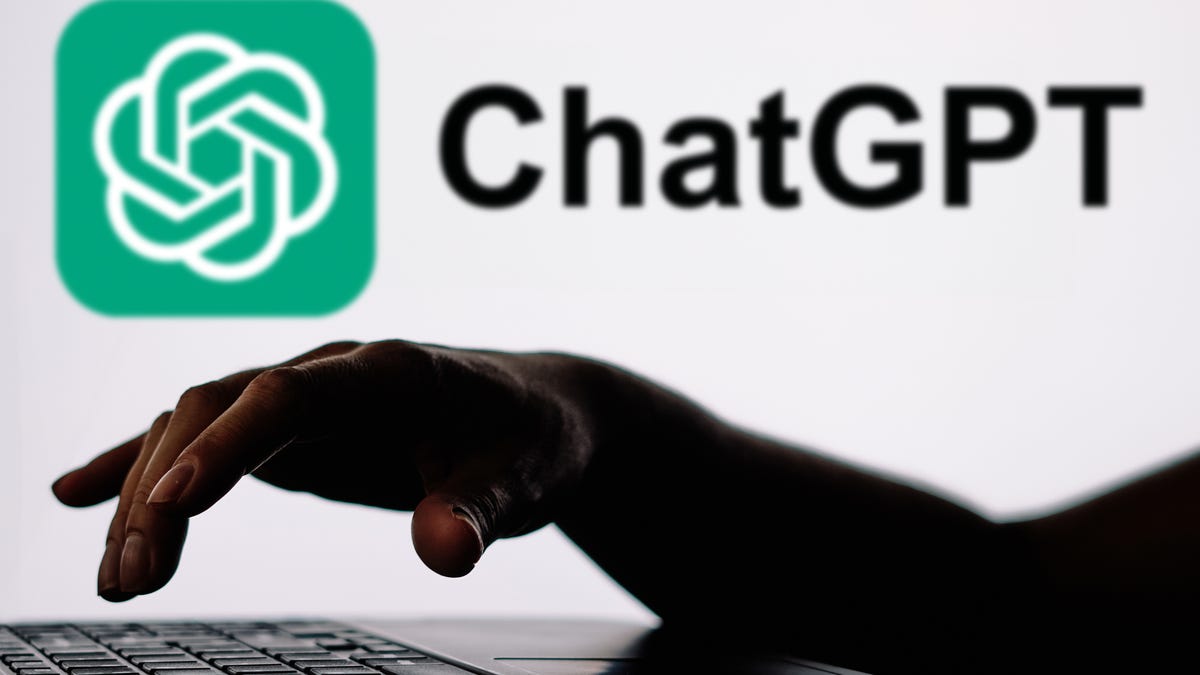Impact of Generative Artificial Intelligence on Education
The proliferation of AI chatbots, such as ChatGPT, has led to millions of students utilizing generative artificial intelligence to write papers. In a report released by Turnitin, an online plagiarism detection service for educators, it was revealed that over 22 million student papers, which accounted for 11% of the sample reviewed by the company, utilized AI to generate at least 20% of the writing since April 2023. Turnitin conducted reviews of more than 200 million papers globally, primarily from higher education institutions.
“We’re at an important juncture in education where technologies are transforming learning, and the need for academic integrity is more critical than ever. Everyone in education is looking for resources to enable them to perform at their best, and technologies, including our AI writing detection feature, help advance learning without sacrificing academic integrity.” – Annie Chechitelli, Chief Product Officer of Turnitin
Educators and policymakers are facing challenges in addressing the use of AI in education, particularly in light of concerns surrounding cheating and plagiarism. While five U.S. states — West Virginia, Oregon, North Carolina, California, and Washington — have implemented policies governing AI usage in schools, there remains a lack of clarity surrounding the guidelines. Individual colleges and universities are also developing their own approaches to regulating AI use in academic settings.
“…it is perhaps shortsighted to automatically consider all use of AI as ‘cheating’. Educators will need to rethink their ideas of what constitutes plagiarism and cheating in today’s world, and adapt their teaching, assignments, and expectations to this new reality.” – North Carolina Department of Public Instruction
Despite concerns about AI facilitating cheating among students, recent research from Stanford University has shown a decrease in the percentage of high school students engaging in cheating behaviors. This trend coincided with the rise of ChatGPT, indicating that the impact of AI on academic dishonesty may not be as significant as feared.
“There are so many reasons why students cheat. They might be struggling with the material and unable to get the help they need…We need to help students and educators find ways to discuss the ethics of using this technology and when it is and isn’t useful for student learning.” – Denise Pope, Senior Lecturer at Stanford Graduate School of Education
Key Statistics
Here are some key statistics related to the use of generative artificial intelligence in education:
- 60-70%: Share of U.S. students who engage in at least one “cheating behavior” during a month, a figure that predates the widespread adoption of AI technologies.
- 220 million: Number of papers reviewed by Turnitin.
- 11%: Share of student papers found to have at least 20% AI-generated writing, equivalent to approximately 22 million papers.
- 3%: Share of student papers found to have at least 80% AI-generated writing, roughly 6 million papers.
- 5: Number of states with established AI guidelines for public schools.
- 75%: Percentage of respondents in a recent survey conducted by Tyton Partners, an investment bank, who expressed willingness to continue using AI tools for assignments even if their institutions or instructors prohibited them.
In conclusion, the integration of generative artificial intelligence in academic settings has raised important questions regarding academic integrity, ethics, and the evolving landscape of education. As educators and policymakers navigate this technological frontier, it is crucial to engage in conversations that promote responsible AI usage and uphold the principles of learning and intellectual honesty.
Image/Photo credit: source url





